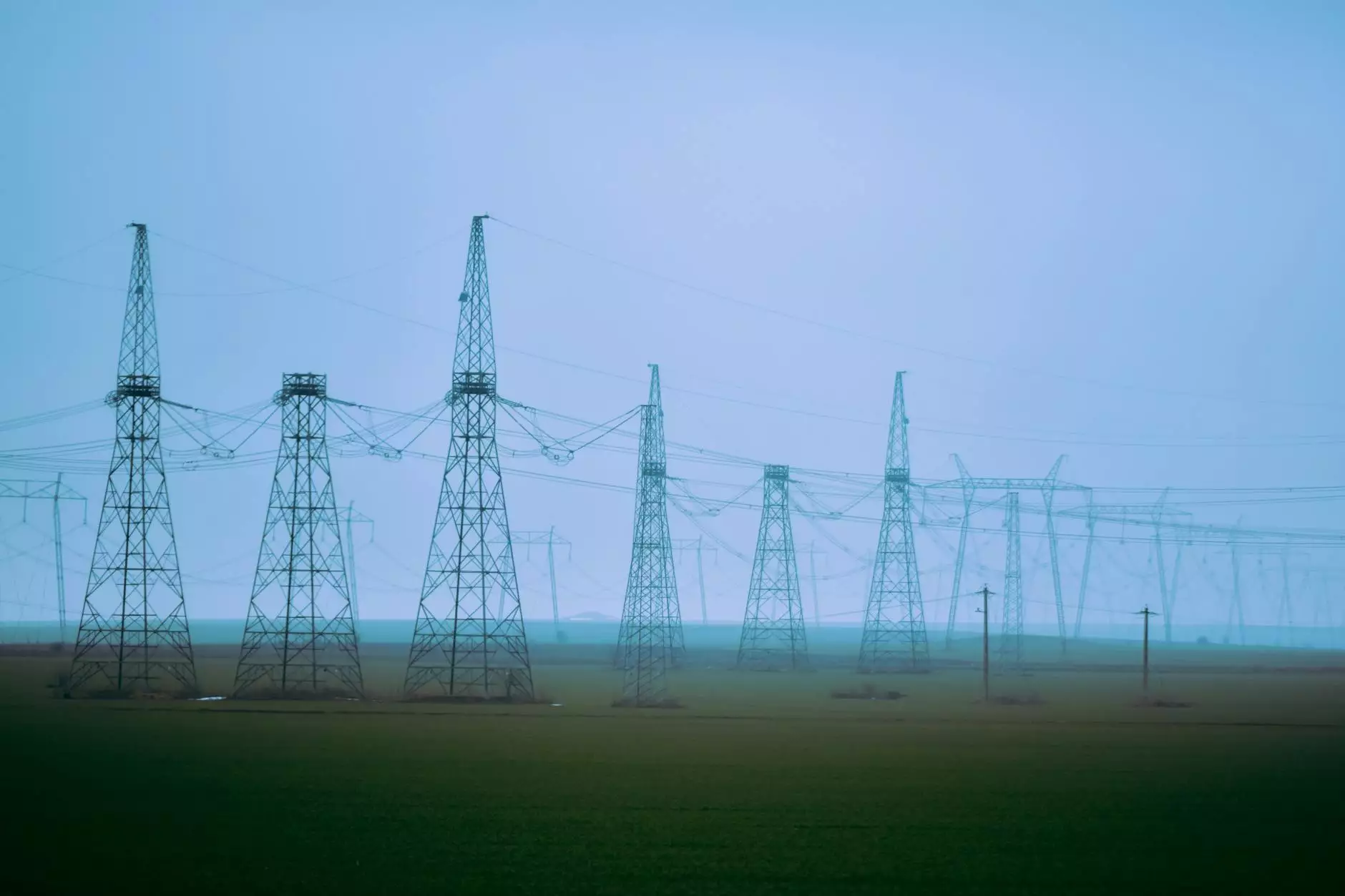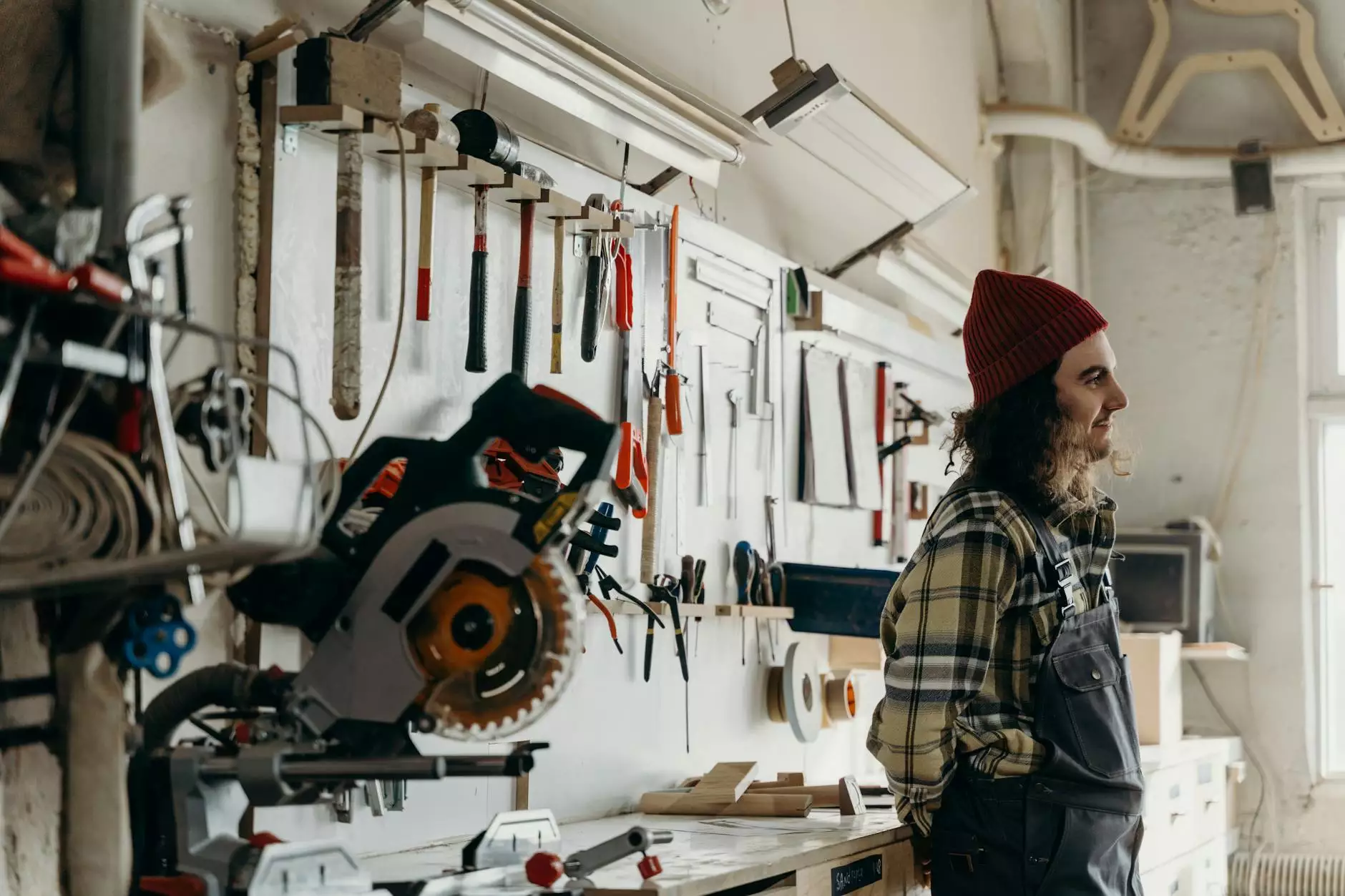The Ultimate Guide to JEEP SUSPENSION: Everything You Need to Know

When it comes to enhancing your off-road experience, understanding the JEEP SUSPENSION system is paramount. A well-designed suspension can transform your JEEP, improving both its performance and comfort. This article will delve into everything you need to know about JEEP suspension systems, including types, benefits, and valuable tips for maintenance and upgrades.
Understanding JEEP SUSPENSION
The JEEP SUSPENSION system is a complex arrangement of springs, shocks, and other components that work together to support your vehicle's weight, absorb impact, and maintain tire contact with the road surface. It's crucial for ensuring a smooth ride, especially on rugged terrain.
How JEEP SUSPENSION Works
At the core of the JEEP SUSPENSION system are two main types of suspension: dependent and independent suspension. Dependent suspension systems tie the left and right wheels together, providing a sturdy ride but often sacrificing some handling agility. Independent suspension systems allow each wheel to move independently, greatly enhancing comfort and handling on rough terrains.
Types of JEEP SUSPENSION Systems
It’s essential to understand the different types of JEEP SUSPENSION systems available. Choosing the right one enhances both on-road and off-road driving experiences. Here are the most common types:
- Leaf Spring Suspension: A traditional design, widely used in JEEPs due to its simplicity and durability. Leaf springs are great for heavy loads and provide a rugged ride.
- Coil Spring Suspension: Offers a smoother ride compared to leaf springs with better handling capabilities. This type is becoming increasingly popular in newer JEEP models.
- Air Suspension: Provides adjustable ride height and improves the level of comfort on varying terrains. This system is often found in luxury SUVs.
- Long-Arm Suspension Systems: These are designed for off-road enthusiasts seeking maximum articulation and wheel travel. Offering outstanding performance, they significantly increase ground clearance.
- Short-Arm Suspension: These systems are compact and often easier to install. While they may not offer as much articulation as long-arm setups, they are great for moderate off-roading.
Benefits of Upgrading Your JEEP SUSPENSION
Upgrading your JEEP SUSPENSION can yield numerous benefits, making it a worthwhile investment for any JEEP owner.
1. Improved Off-Road Capability
With the right suspension upgrade, your JEEP can tackle rocky trails, deep mud, and steep inclines with ease. Enhanced suspension allows for better wheel articulation, ensuring that your tires maintain contact with the ground, which is crucial in off-roading situations.
2. Enhanced Comfort
Upgrading to advanced suspension systems can reduce the impact of bumps and potholes. You'll notice a considerable difference in your ride quality, especially during long trips or when driving over rough terrain.
3. Increased Ground Clearance
Suspension upgrades can provide additional ground clearance, which is particularly important for off-road driving. Higher clearance helps avoid obstacles, rocks, and other potential damage to your vehicle’s underbody.
4. Better Towing Capacity
A robust suspension system enhances your JEEP's ability to tow trailers or other vehicles without compromising on stability or safety.
Choosing the Right JEEP SUSPENSION Parts
Selecting the right parts for your JEEP SUSPENSION system can be overwhelming, given the numerous options available. Consider the following factors:
1. Intended Use
Determine how you plan to use your JEEP. If you’re frequently off-roading, invest in heavy-duty components designed for rugged terrains. Conversely, if your driving mainly involves city roads, a comfort-oriented suspension might be more beneficial.
2. Compatibility
Make sure that any suspension components you consider are compatible with your specific JEEP model and year. Mismatched components can lead to performance issues and safety hazards.
3. Quality and Brand Reputation
Select parts from reputable brands known for their durability and performance. It’s advisable to check reviews and warranties offered by manufacturers.
DIY Installation vs. Professional Help
When it comes to JEEP SUSPENSION upgrades, you might wonder whether to tackle the installation yourself or hire a professional. Here are some considerations for each option:
DIY Installation
Installing suspension parts yourself can save money and give you a sense of satisfaction. However, ensure you have the necessary tools, mechanical knowledge, and time. Incorrect installation can lead to serious safety issues.
Professional Installation
For those less experienced with automotive repairs, hiring a professional is often the best choice. Technicians possess the skills and tools necessary for a proper installation, ensuring your safety and vehicle's performance.
Maintaining Your JEEP SUSPENSION
Proper maintenance of your JEEP SUSPENSION system is key to maximizing its lifespan and performance. Regular inspections and addressing issues promptly can save you time and money down the line.
1. Regular Inspections
Check your suspension components regularly for wear and tear. Look for signs of cracking, bending, or other damage.
2. Keep It Clean
Especially for off-road vehicles, keeping the suspension clean from mud, dirt, and debris can help prevent rust and other damage.
3. Professional Check-ups
Schedule regular maintenance checks with a certified mechanic to ensure everything is functioning correctly. This is an excellent opportunity to address any potential issues before they become significant problems.
Conclusion
In conclusion, understanding and properly managing your JEEP SUSPENSION can significantly enhance your off-road adventures. From choosing the right components to maintaining them, every decision contributes to improving your vehicle's performance and your overall experience. Investing in a reliable suspension system is not just about comfort; it's about ensuring safety and achieving the best possible performance from your JEEP. With the tips and insights provided in this guide, you are well-equipped to make informed decisions about your suspension system, helping you conquer any terrain with confidence.
Frequently Asked Questions (FAQs)
1. How often should I check my JEEP’s suspension system?
It's advisable to inspect your suspension system at least once a year, or more often if you frequently go off-roading.
2. What signs indicate that I need to upgrade my suspension?
Common signs include a rough ride, excessive bouncing, uneven tire wear, and difficulty handling on turns.
3. Can I install suspension upgrades on an older JEEP model?
Yes, many aftermarket suspension systems are compatible with older models. Just ensure that parts are suitable for your specific vehicle.
4. What is the expected cost for a suspension upgrade?
The cost can vary widely depending on the type of suspension system you choose, ranging from a few hundred to several thousand dollars, including installation.
Explore More on Offroad-Zone.com
For more insights, products, and expert advice related to JEEP SUSPENSION and other automotive needs, visit offroad-zone.com. Whether you’re looking to upgrade your parts or follow the latest trends in off-roading, we’ve got you covered!



